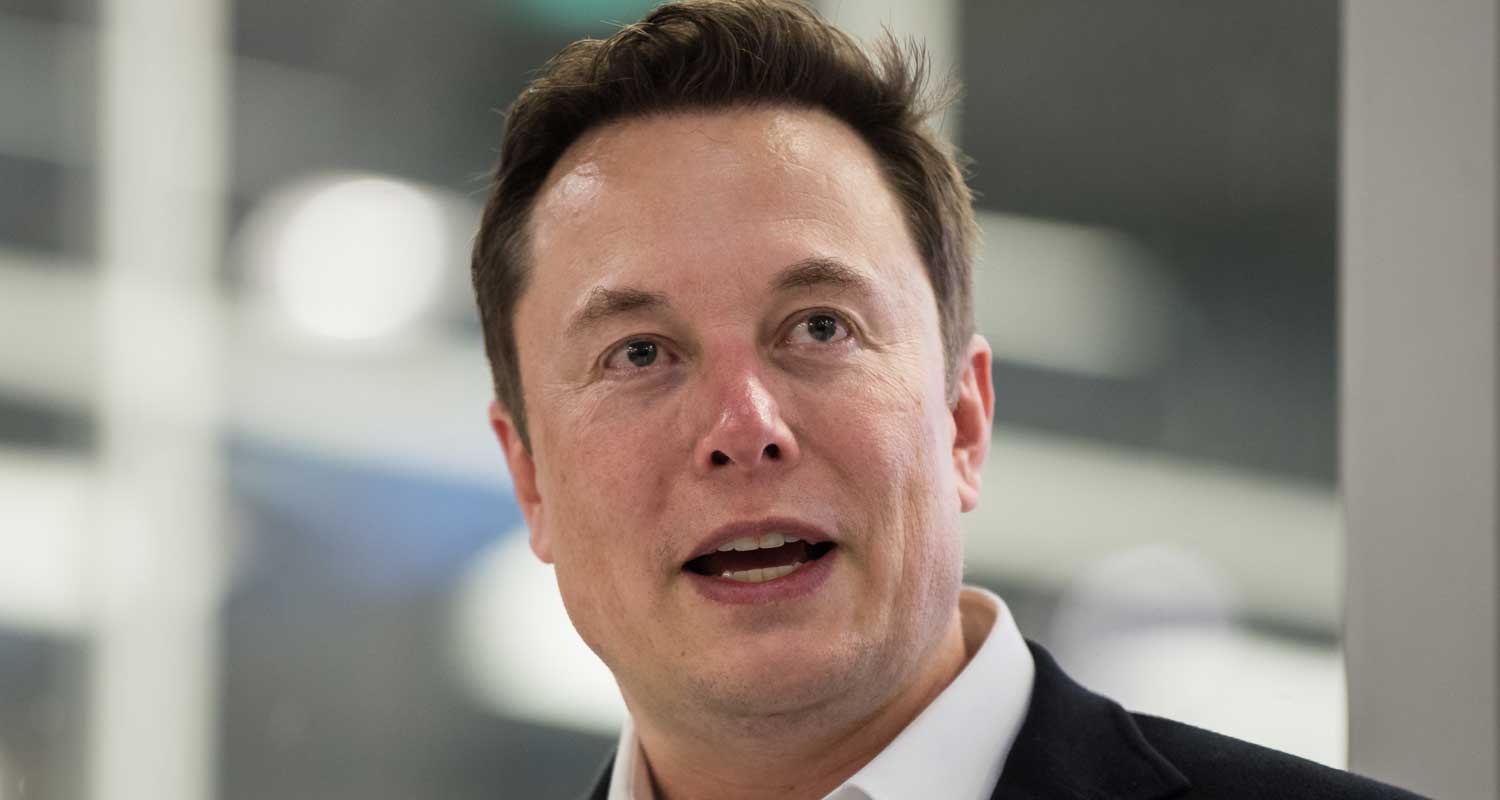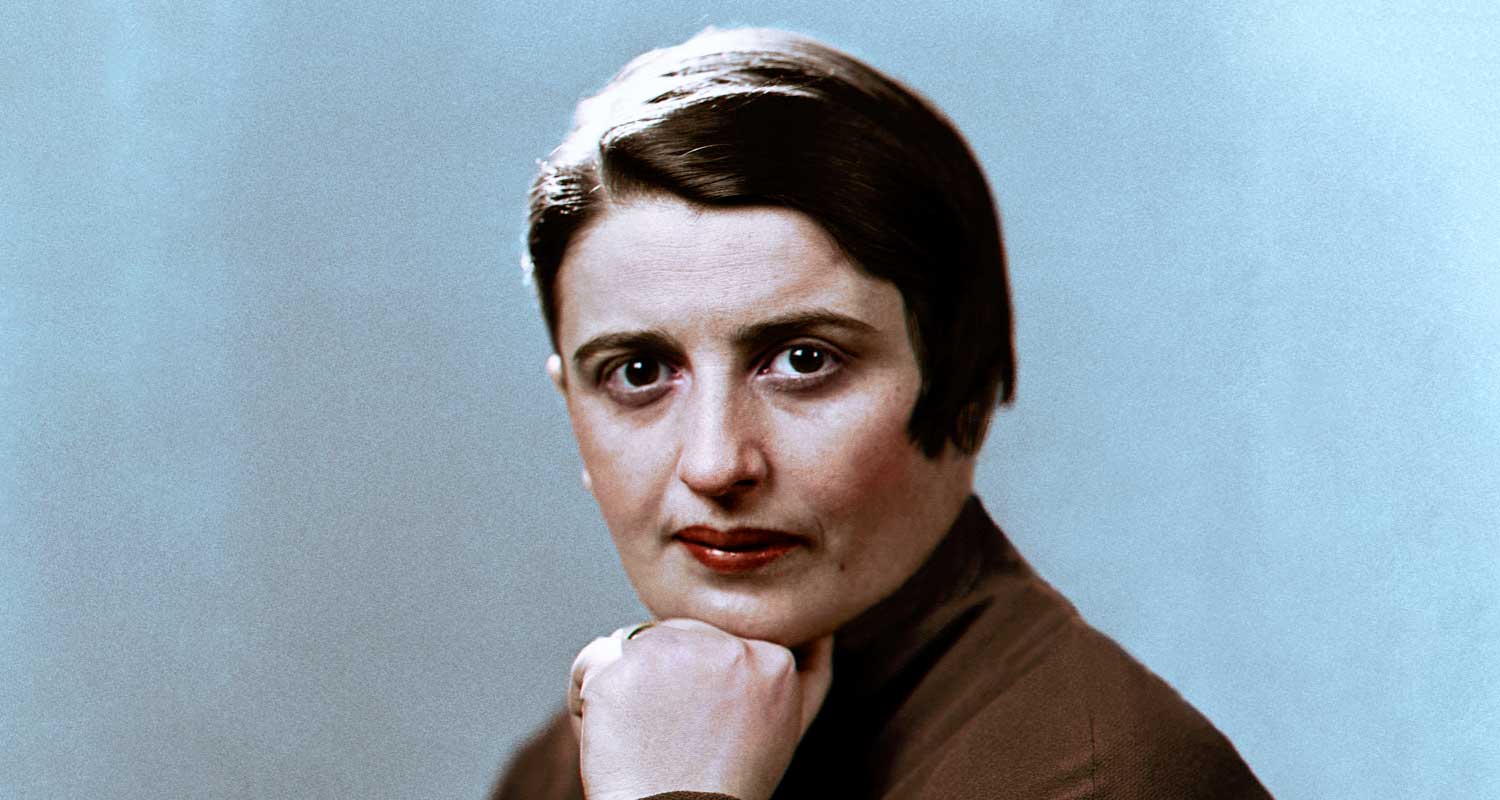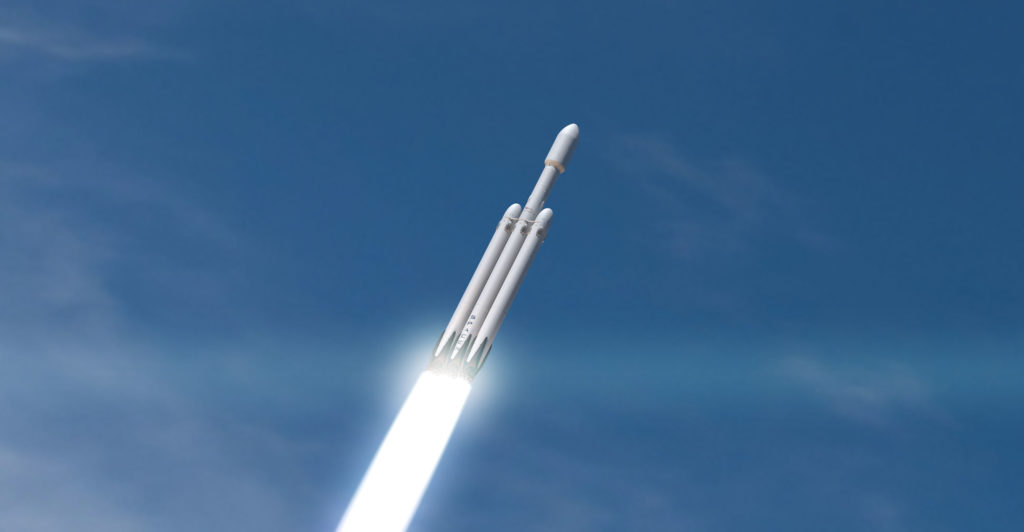
I’m fed up of reading about Elon Musk and Twitter. If you think about it, neither the spoiled-brat serial entrepreneur nor the spoiled-brat social network he bought matters a whit in a world where millions are fighting for sheer survival against evil imperialists, famine or other disasters.
And yet I also confess to a voyeuristic reflex that does make me glance at headlines about Musk and Twitter, as I might rubberneck when passing a car wreck. Will they self-destruct in a meteoric flameout? Will they turn things around against all odds like action heroes staring down the apocalypse?
Upon reflection, I recognise this won’t-look/must-look cognitive dissonance. It goes back to a feeling I had when I was in my late teens and devouring Ayn Rand novels such as The Fountainhead and Atlas Shrugged.
The characters in those stories and the philosophy that animates them — pretentiously called “objectivism” — bear a superficial resemblance to people like Musk. That might explain why Tesla founder Musk, Amazon.com titan Jeff Bezos and quite a few other hard-driving — and almost invariably male — tech tycoons adulate Ayn Rand.
Rand’s protagonists, such as the architect Howard Roark in The Fountainhead or the Capitalist Ubermensch John Galt in Atlas Shrugged, are cartoons of what Musk and his ilk aspire to be. They’re uncompromising, ultra-masculine and hyper-individualistic visionaries. They’re in it for themselves, powered by an unapologetic egocentrism that rejects the serf morality of ordinary pencil pushers in their cubicle farms.
In this worldview, anybody who doesn’t grasp the single-minded genius of a Roark, Galt, Musk or Bezos belongs by default to the antagonists in Rand’s novels. Those are the naysaying mediocrities and bureaucrats, the socialists and parasites, the unproductive and disingenuous slouches and “moochers”, the cowards and conformists.
Spiritual pygmies
Roark’s vision is aesthetic — an ideal of sleek and simple architectural lines that make the human spirit soar, but for that very reason can’t be appreciated by lesser mortals condemned to being spiritual pygmies. Musk’s vision is an almost eschatological iteration of Roark’s. His big idea is to prepare humanity’s escape from our home planet by colonising Mars.
Once you get your mind around this brazenness, all sorts of things make an eccentric kind of sense. Musk co-founded one company, SpaceX, to build the rockets that will one day transport us to Mars, with the accompanying satellite communications (Starlink) we’ll need. He has another, the Boring Co, that drills tunnels, so that we can live and zip around under Mars’s surface to avoid the radiation. He runs another, Tesla, that will harness sunlight to move us around. To get our human cognition up to snuff for these adventures, Musk nurses Neuralink, which dabbles in brain implants.
Mars it is, then. It’s telling that Musk’s vision is named after a Roman god. I picture Roark and Galt (all of Rand’s heroes are atheists) high-fiving Musk as they climb into the pioneering SpaceX saucer with him to embark for that next frontier. Musk’s autism, which he acknowledges openly and humorously, makes his focus even more laser-like. I always assumed that Roark and Galt also had Asperger’s.
By now it should be clear why Roarks, Galts or Musks capture the imaginations of teenage boys like the one I used to be, or the one still hiding inside me now. They’re paragons who rebel against — and burst — the limits of the humdrum and stultifying mainstream. They’re heroic, and romantic. We root for them. We fantasise about being them.

But as boys grow up, some also mature — even I, in my mere 50s, am feeling the beginnings of that process. Attempts to re-read Rand reveal her characters to be one-dimensional and flat. The boy’s imagination flared at their oratory; the middle-aged man inadvertently nods off during speechifying that goes on for pages of repetitive cliches.
With a crushing sense of disillusionment, the mature re-reader makes several observations. First, Rand was a mediocre writer. Second, her characters are actually boring. Third, the plots that wannabe Roarks and Galts such as Musk try to emulate are destined to meet a fate worse than failure: prosaic reality.
In that real world, Tesla turns into just another car company, which its first-generation employees eventually leave in disappointment. The Boring Co actually becomes boring. SpaceX seems self-indulgent. Neuralink is science fiction. As for Twitter, it’s just a site where media types like me curate their work while mobs of trolls and bots cast aspersions and spread conspiracy theories. Normal people needn’t waste time on it.
As for Musk, what initially looked like romantic intensity suddenly just looks sadomasochistic. Sure, Musk brags about how he sleeps on the office floors of his companies because he works so hard. And he demands that his co-visionaries do the same. So he fires half of Twitter’s employees, then writes e-mails to the rest, in the middle of the night, challenging them to be “hardcore” or get the heck off his spaceship.
This isn’t the romantic heroism of creative genius yearning to soar free. It’s the sugar crash of narcissists wandering off on ego trips
Those employees aren’t Randian moochers. In their own ways, they may be just as talented and idealistic as Musk. But they also have families, lives and bills to pay. They’ll be forgiven for rolling their eyes.
And so Rand’s lure over the teenager recedes, while the wisdom of older literature comes to the fore. Musk, Roark and Galt start looking like yet more men succumbing to hubris and getting trapped in a desperate solipsism. How will they react?
When a kitsch architect messes with his genius construction, a public housing project, Roark dynamites it. No poor family will ever live there. When Galt has enough of the moochers, he gathers all the country’s great inventors and creators and goes on strike in Galt’s gulch, somewhere in Colorado, until the outside world is a wasteland. Musk, too, may yet find his own way to blow up Twitter, or much more.
This isn’t the romantic heroism of creative genius yearning to soar free. It’s the sugar crash of narcissists wandering off on ego trips, throwing temper tantrums and storming out in rage quits. For the sake of nostalgia, I’ll keep Rand in my bookshelf and Musk in my peripheral vision. But there are more important things deserving my attention. — (c) 2022 Bloomberg LP




